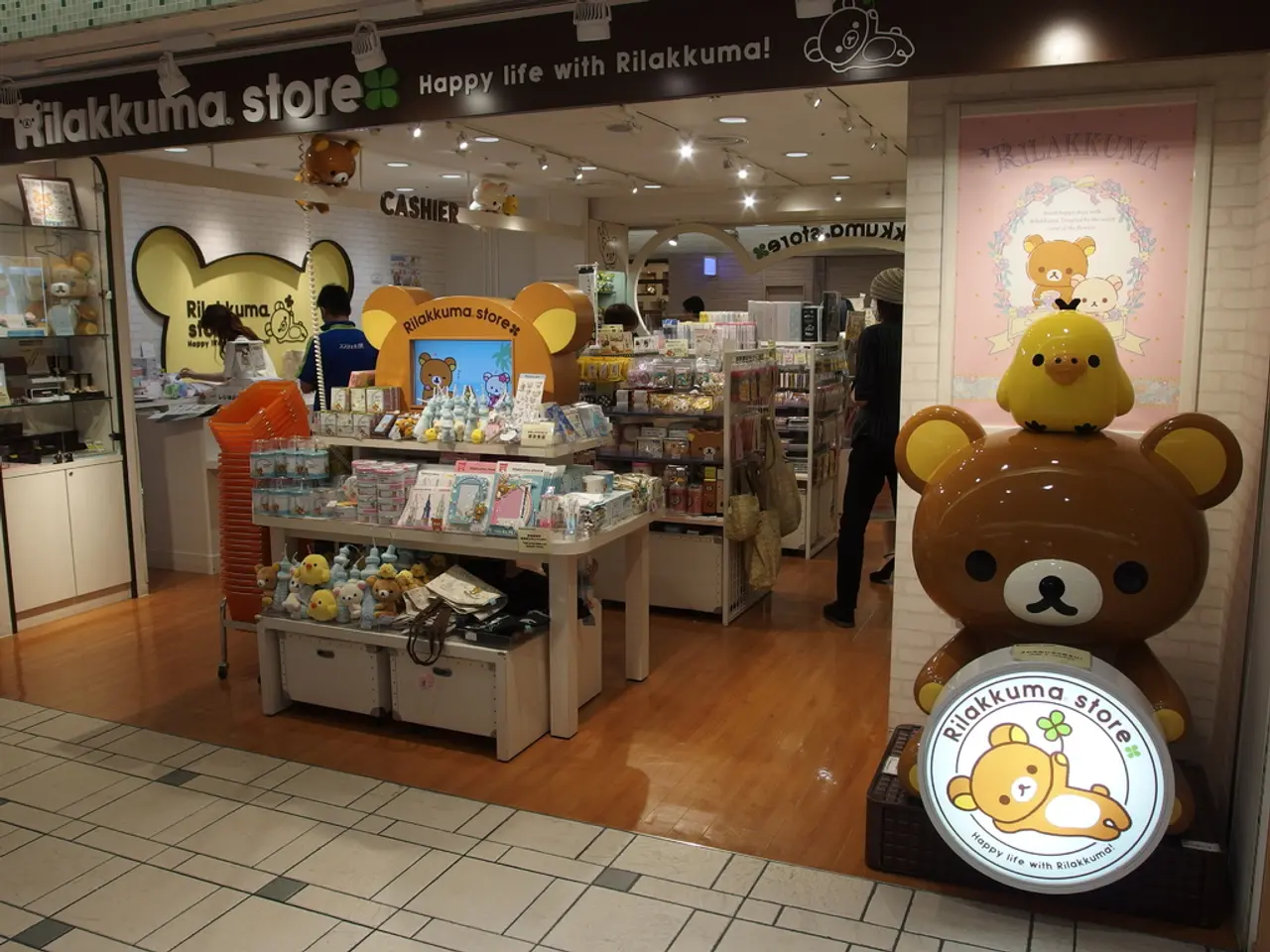Guide to Finding Relief in Anxiety Plush Toys: Discovering Peace with Stuffed Comforters
In the realm of mental health, the benefits of comforting companions are increasingly being recognised. Anxiety stuffed animals, also known as comfort plushies or weighted plushies, are proving to be a valuable tool for individuals dealing with conditions such as anxiety and depression.
## Benefits of Anxiety Stuffed Animals
The advantages of these plush companions are multifaceted, stemming from both physical and psychological effects.
### Physical Comfort and Sensory Support
The tactile nature of stuffed animals offers a unique form of comfort. The softness and warmth of these toys can evoke positive sensory memories, promoting relaxation. Some stuffed animals, like Mush plushies, are weighted, providing deep pressure stimulation that mimics the sensation of a comforting embrace, helping to regulate the nervous system and reduce physiological symptoms of anxiety such as a racing heart or shallow breathing.
### Emotional and Psychological Benefits
Beyond the physical, the emotional benefits are equally significant. Stuffed animals serve as companions, offering a sense of presence and reducing feelings of isolation, especially for those living alone or adjusting to new environments. In psychological terms, they can act as "transitional objects," which help individuals feel secure and comforted, much like an attachment figure would. This can be particularly effective for both children and adults experiencing stress or anxiety.
Moreover, the sensory input from these plush companions can divert attention from anxious or depressive thoughts, offering a mild, non-invasive distraction and helping individuals regain emotional balance.
### Additional Wellness Benefits
The act of cuddling or interacting with a stuffed animal can release dopamine and other feel-good hormones, contributing to improved mood and a sense of well-being. Many users report that having a stuffed animal nearby at bedtime can encourage relaxation and improve sleep, which is vital for managing anxiety and depression.
Unlike pharmacological treatments, stuffed animals are non-invasive, easy to access, and suitable for people of all ages, including those who may be sensitive to medications or prefer holistic approaches.
## Summary Table
| Benefit | Description | |---------------------------------|---------------------------------------------------------------------------------------------| | Physical Comfort | Softness, warmth, and gentle pressure soothe the senses and calm the body | | Sensory Support | Tactile stimulation and weighted designs help regulate the nervous system | | Companionship | Reduces loneliness and provides a sense of security | | Transitional Object | Helps manage transitions and offers comfort similar to attachment figures | | Mindfulness & Distraction | Distracts from anxious thoughts and promotes present-moment awareness | | Mental Health Improvement | Encourages dopamine release and mood enhancement | | Sleep Quality | Supports relaxation and better sleep | | Accessibility | Non-invasive, suitable for all ages, and easy to implement in daily life |
These features make anxiety stuffed animals a valuable tool for managing symptoms of anxiety and depression, both as stand-alone aids and as complements to other therapeutic approaches.
Many individuals have reported success in using stuffed animals as part of their depression management strategy. It's important to remain open to diverse forms of support and healing, including the simple yet powerful comfort offered by a soft, cuddly friend.
Stuffed animals are just one of many tools available for managing anxiety and depression, with service dogs offering more specialized support. Emotional support animals, including stuffed animals, have a powerful impact on depression and anxiety. They can play a valuable role in a comprehensive mental health strategy, complementing professional mental health treatment.
- The unique comfort provided by the softness and warmth of anxiety stuffed animals can evoke positive sensory memories, promoting relaxation.
- Weighted stuffed animals, like Mush plushies, offer deep pressure stimulation, mimicking the sensation of a comforting embrace and helping to regulate the nervous system.
- Stuffed animals serve as emotional companions, reducing feelings of isolation and acting as "transitional objects," offering a sense of security, especially for those experiencing stress or anxiety.
- The sensory input from these plush companions can divert attention from anxious or depressive thoughts, offering a mild, non-invasive distraction and helping individuals regain emotional balance.
- The act of cuddling or interacting with a stuffed animal can release dopamine and other feel-good hormones, contributing to improved mood and a sense of well-being.
- Many users report that having a stuffed animal nearby at bedtime can encourage relaxation and improve sleep, which is vital for managing anxiety and depression.




